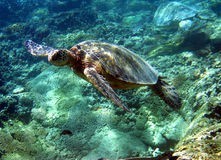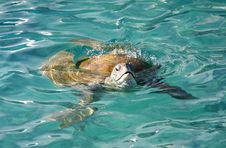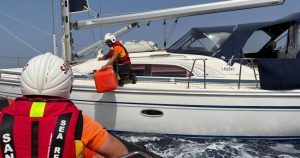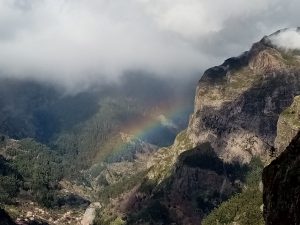The President of the Regional Government of Madeira will attend the opening session of the CLIMAREST meeting on the 10th of January at the Meliá Madeira Mare Hotel.
The project “CLIMAREST: Tools of Coastal Climate Resilience and Marine Restoration for the Arctic Atlantic Basin,” which will cost in the region of 8 million euros is planned to commence on the 1st of December.
Funded under horizon-Europe, the CLIMAREST project aims to present a holistic and standardised methodology that is flexible enough to present solutions for various habitats in danger: from fjords threatened by climate change in the Arctic to algae rocky bottoms in the Madeira archipelago, threatened by coastal development, pollution and the uncontrolled growth of marine hedgehog populations.
The Regional Agency for the Development of Research, Technology, and Innovation (ARDITI) manages ten percent of the total budget in this CLIMAREST project. The approximately 800,000 euros will allow the MARE-Madeira team to work on the development of coastal habitat restoration solutions, as well as to take advantage of new digital tools such as mobile applications and virtual reality to assess the perception of its importance to society at large.
The new European project aims to study, test, and optimise methods and tools for the restoration of marine habitats. Composed of 16 partners from Portugal, Italy, Spain, Iceland, France, Norway, and Denmark, the consortium brings together experts from various areas, from marine ecology to the blue economy, who will have the mission of developing a comprehensive toolkit to define and implement restoration and rehabilitation practices suitable for different marine habitats.
One of CLIMAREST challenges will be to integrate scientific information and data on the ecology of different habitats and data on the multiple anthropogenic and natural pressures with information collected from relevant partners in order to consider ecosystem services associated with the local economy, social and cultural values of different geographical regions.
In total, the project will have five demonstration sites, with different habitat scenarios under pressure or threat that the consortium will use for the development of a set of common assessment tools that allow the presentation of specific solutions that contribute to the restoration of the selected habitats. In addition, the project will test the different solutions and optimise methodologies and techniques aimed at restoring the different selected habitats and mitigating the impacts of human activities and climate change.
Lasting three years, the CLIMAREST project will look for restoration solutions for Arctic fjords in Norway, oyster reefs in France, sea grasslands in Ireland, sandy bottoms affected by aquaculture in Spain, and rocky substrates with algae loss in Madeira. After a development and optimisation phase, restoration solutions and methodologies will be replicated in other geographical locations with similar habitats.
In Portugal, research, methodological development, and optimisation of efforts to restore rocky funds dominated by macroalgae, once present in the coastal areas of Madeira, will be led by MARE-Madeira, the Regional Research Unit of the Center for Marine and Environmental Sciences, and housed in the Regional Agency for the Development of Research, Technology, and Innovation (ARDITI). The research team relies on biologists, ecologists, computer scientists, and engineers who will work on the ground and with relevant stakeholders such as dive centres, marine-tourist companies, and fishermen, to assess the importance and value of different rocky habitats on the island and to test ways to reduce pressures and promote increased diversity and abundance of macroalgae.
Samantha Gannon
info at madeira-weekly.com








